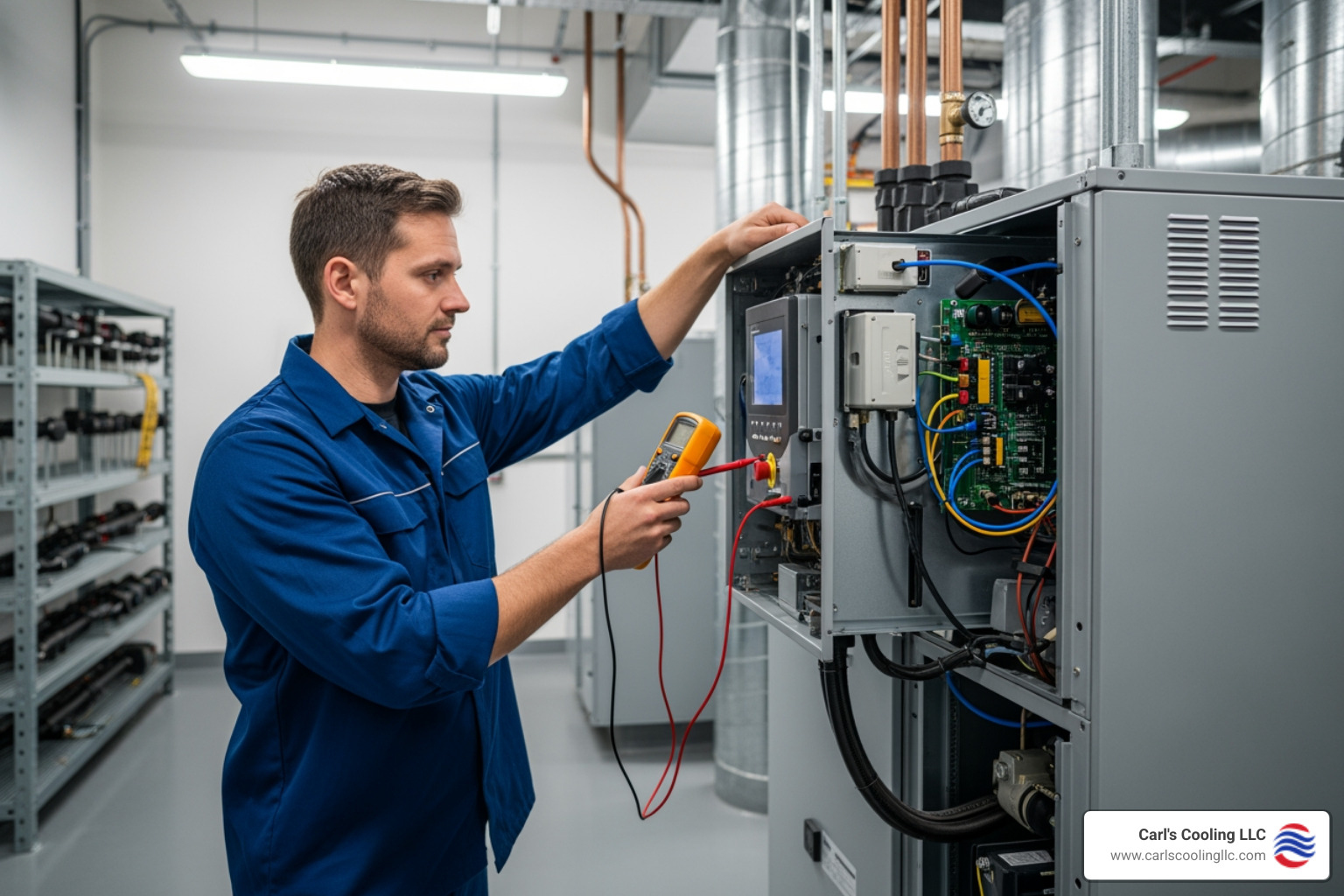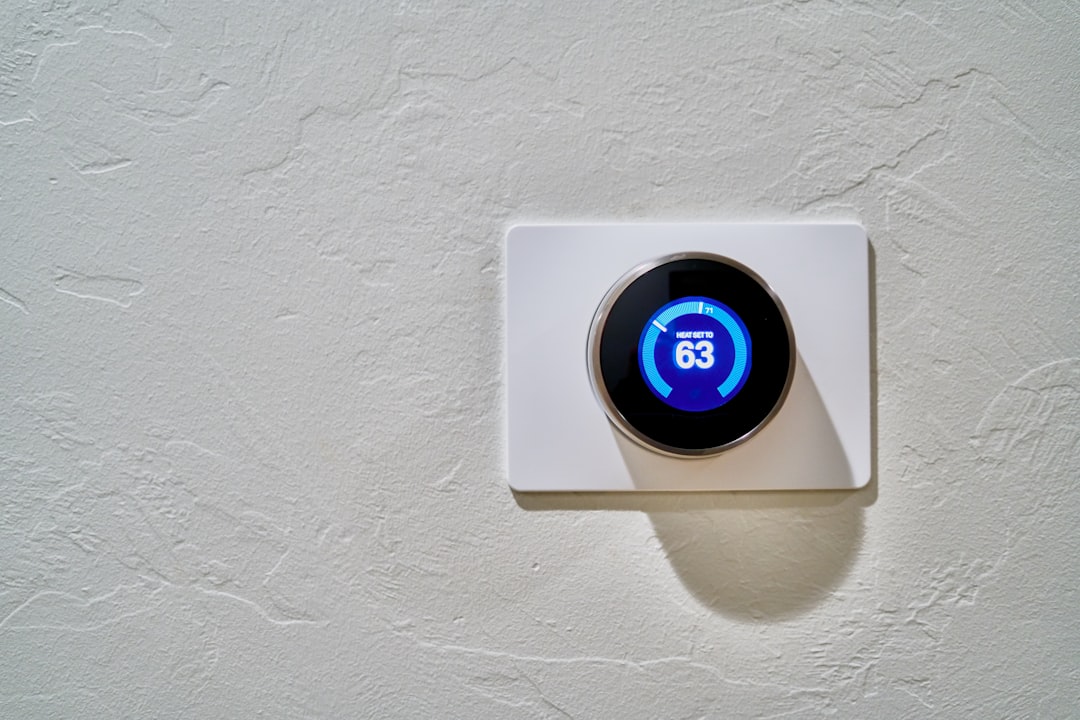The Benefits of Using a Dehumidifier: Creating Comfortable and Healthy Environments
High humidity levels can lead to a range of problems in our living spaces, from musty odors and discomfort to potential health risks. Fortunately, there is a simple and effective solution: the dehumidifier. This electrical appliance offers numerous benefits by reducing and controlling humidity levels in our homes, offices, and other enclosed spaces. In this blog post, we will explore the advantages of using a dehumidifier and how it can improve our overall well-being.
Excess moisture in the air creates an ideal environment for the growth of mold and mildew. These fungi not only cause ugly stains and damage to walls, ceilings, and furniture but also release spores that can trigger allergies and respiratory issues. By removing moisture from the air, a dehumidifier helps prevent the growth of mold and mildew, creating a healthier living environment.
Moisture can wreak havoc on our valuable possessions. Books, documents, electronics, clothing, and wooden furniture are all susceptible to damage from excess humidity. A dehumidifier safeguards these items by reducing the moisture content in the air and preventing the development of mold, warping, rust, and deterioration.
High humidity levels contribute to a stuffy and uncomfortable indoor environment. Damp air can make breathing difficult, especially for individuals with allergies or respiratory conditions. A dehumidifier helps create a fresher and healthier atmosphere by reducing excess moisture and improving indoor air quality. Ever experienced that sticky feeling on a humid day? It can be quite uncomfortable. A dehumidifier eliminates the excess moisture in the air, providing a more comfortable living environment. By controlling humidity levels, the air feels drier and cooler, reducing the need for excessive air conditioning and creating a pleasant atmosphere for relaxation and everyday activities.
Musty odors are a common problem in areas with high humidity. These unpleasant smells are often caused by the growth of mold, mildew, or bacteria. A dehumidifier eliminates the excess moisture that contributes to these odors, leaving the air fresher and eliminating the musty smell associated with dampness.
Using a dehumidifier can actually help save energy and reduce utility bills. When the air is excessively humid, our bodies perceive it as being warmer than it actually is, leading to increased reliance on air conditioning systems. By maintaining optimal humidity levels, a dehumidifier can make the air feel cooler and more comfortable, reducing the need for excessive cooling and lowering energy consumption. A dehumidifier is an invaluable addition to any indoor space, offering a wide range of benefits that contribute to your comfort, health, and well-being. From improving air quality and preventing mold growth to controlling odors and protecting your valuables, this powerful device enhances your living environment in countless ways. By investing in a dehumidifier, you can create a more comfortable, healthier space that allows you to thrive and enjoy life to the fullest.






